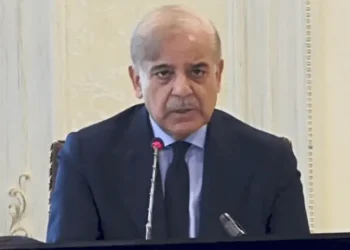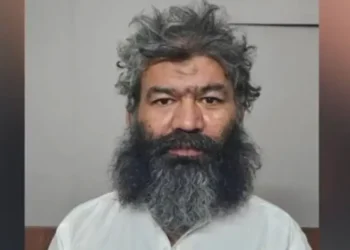By Asif Naveed
ISLAMABAD; Supreme Court Justice Jamal Khan Mandokhail remarked on Wednesday that neither the Supreme Court nor the high courts can be prevented from hearing cases by limiting their powers.
“If the powers of the entire Supreme Court are taken away through an amendment, who will hear the case? The same court would hear it,” Justice Mandokhail observed during the hearing of petitions challenging the 26th Constitutional Amendment.
An eight-member bench headed by Justice Amin-Ud-Din Khan is hearing the case, comprising Justices Ayesha A. Malik, Syed Hassan Azhar Rizvi, Musarrat Hilali, Naeem Akhtar Afghan, and Shahid Bilal Hassan.
The petitions — filed by the PTI, Jamaat-e-Islami, Sunni Ittehad Council, various bar associations, and former SCBA presidents — contest the legality of the 26th Amendment.
During Wednesday’s proceedings, Khawaja Ahmed, representing former chief justice Jawwad S. Khawaja, argued that the amendment does not bar the formation of a full court. Justice Amin-Ud-Din noted that several senior lawyers had suggested disregarding the amendment altogether in their arguments.
Justice Ayesha Malik questioned whether the full court should be formed, and if so, which judges should constitute it. Justice Mandokhail remarked that the constitutional bench must first determine whether it holds the authority to order the formation of a full court.
Khawaja Ahmed further argued that even if future amendments gave executive officers decision-making powers over the Supreme Court, the judiciary would still have to hear such cases.
Justice Mazhar clarified that the bench would decide the case on its merits and issue an order if it found the amendment contrary to the Constitution’s basic structure.
After the completion of Khawaja Ahmed’s arguments, the court adjourned the hearing until Thursday, when lawyer Shahid Jamil, representing Mustafa Nawaz Khokhar, is scheduled to present his arguments.





































































